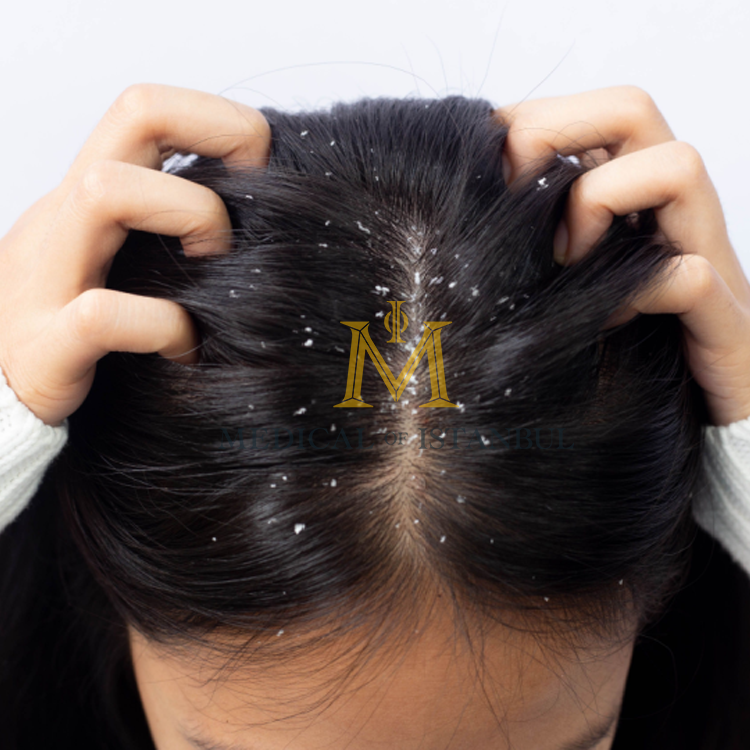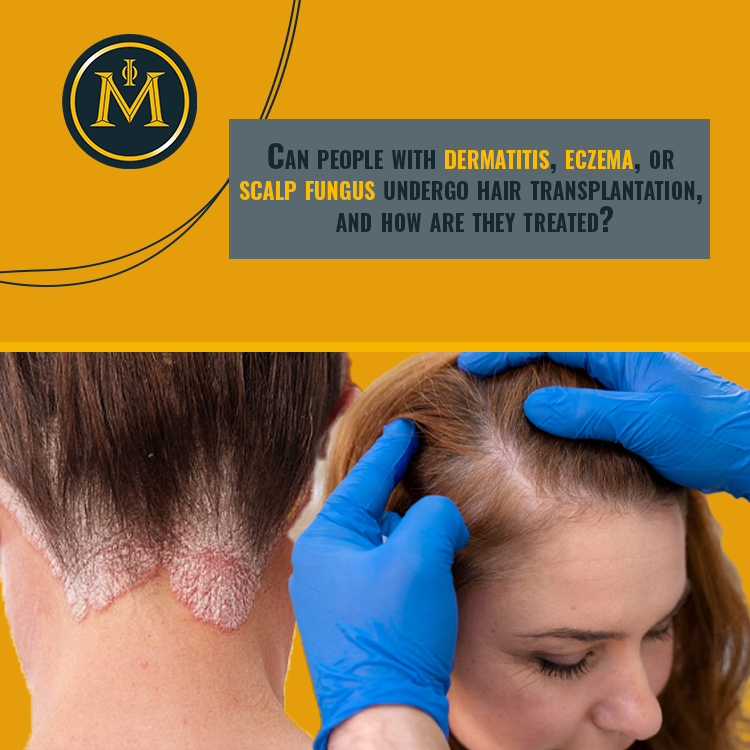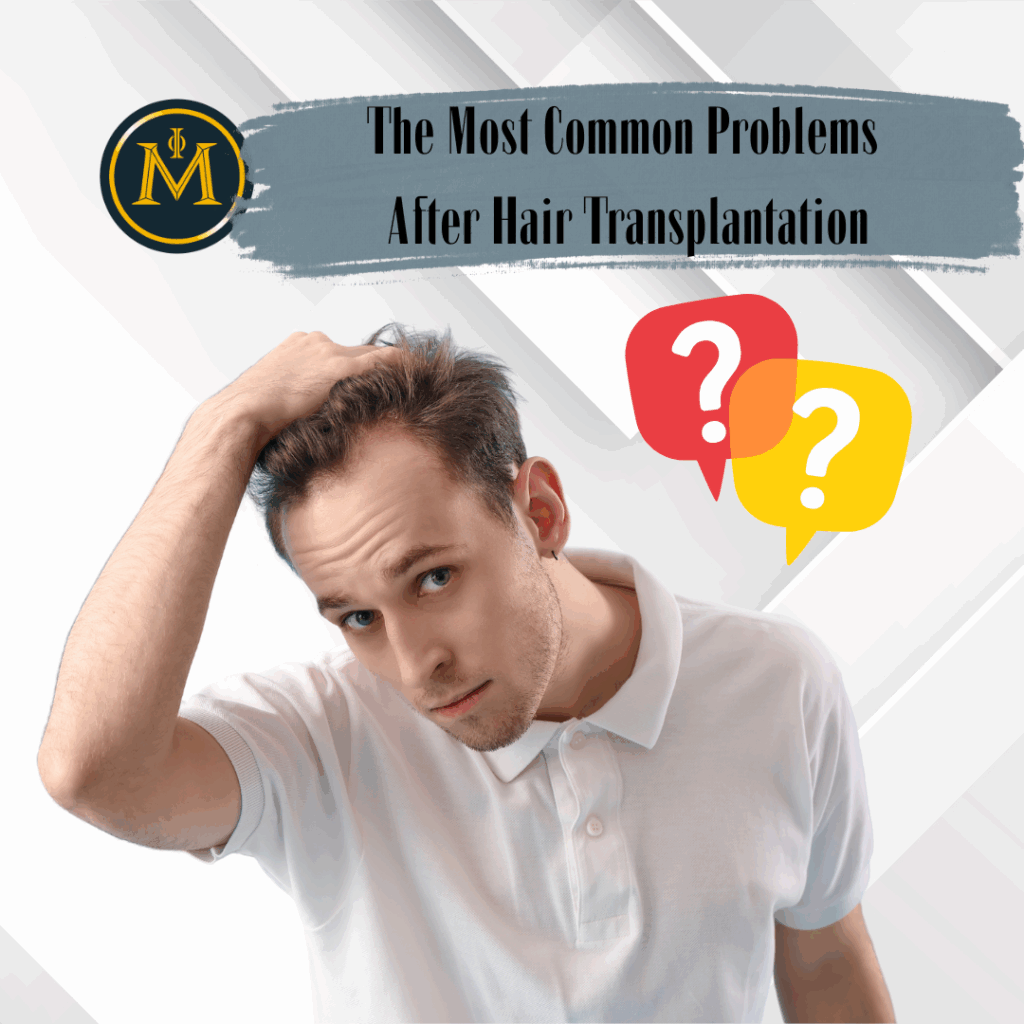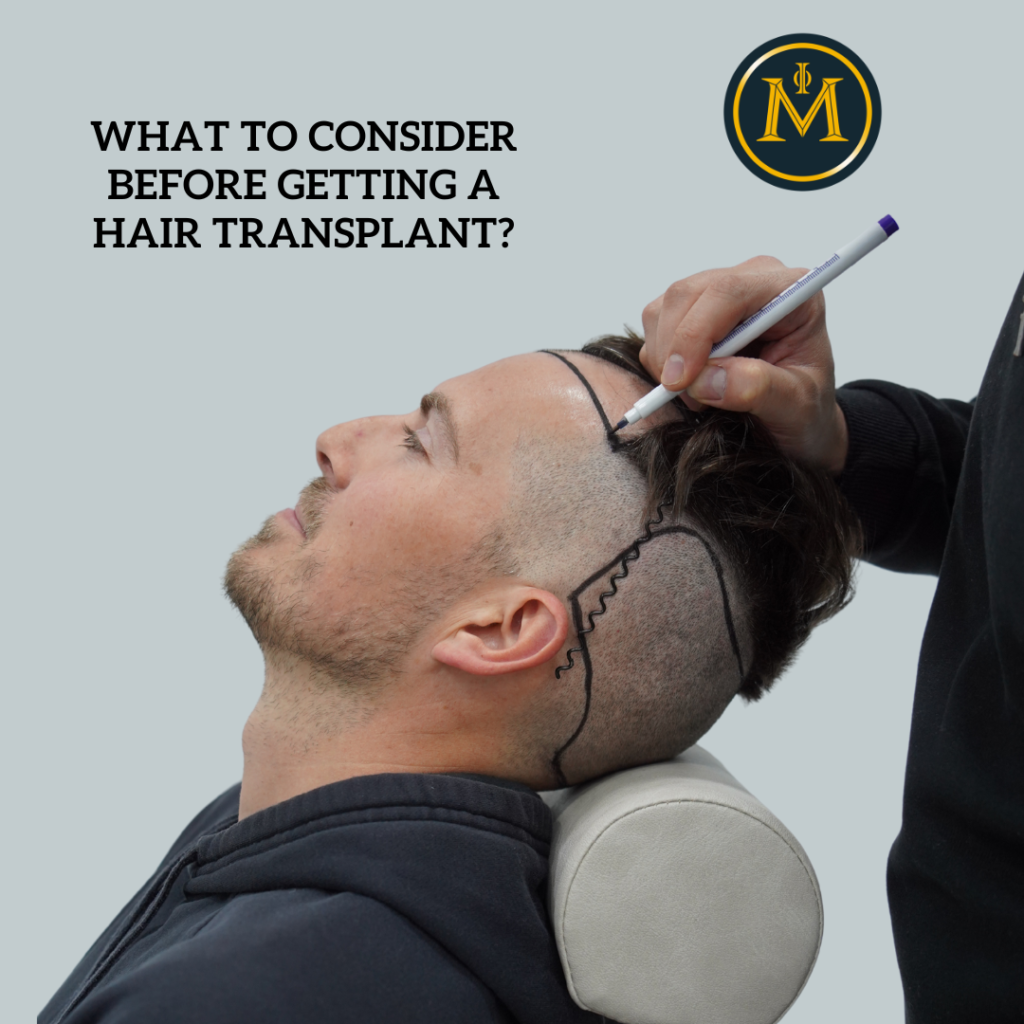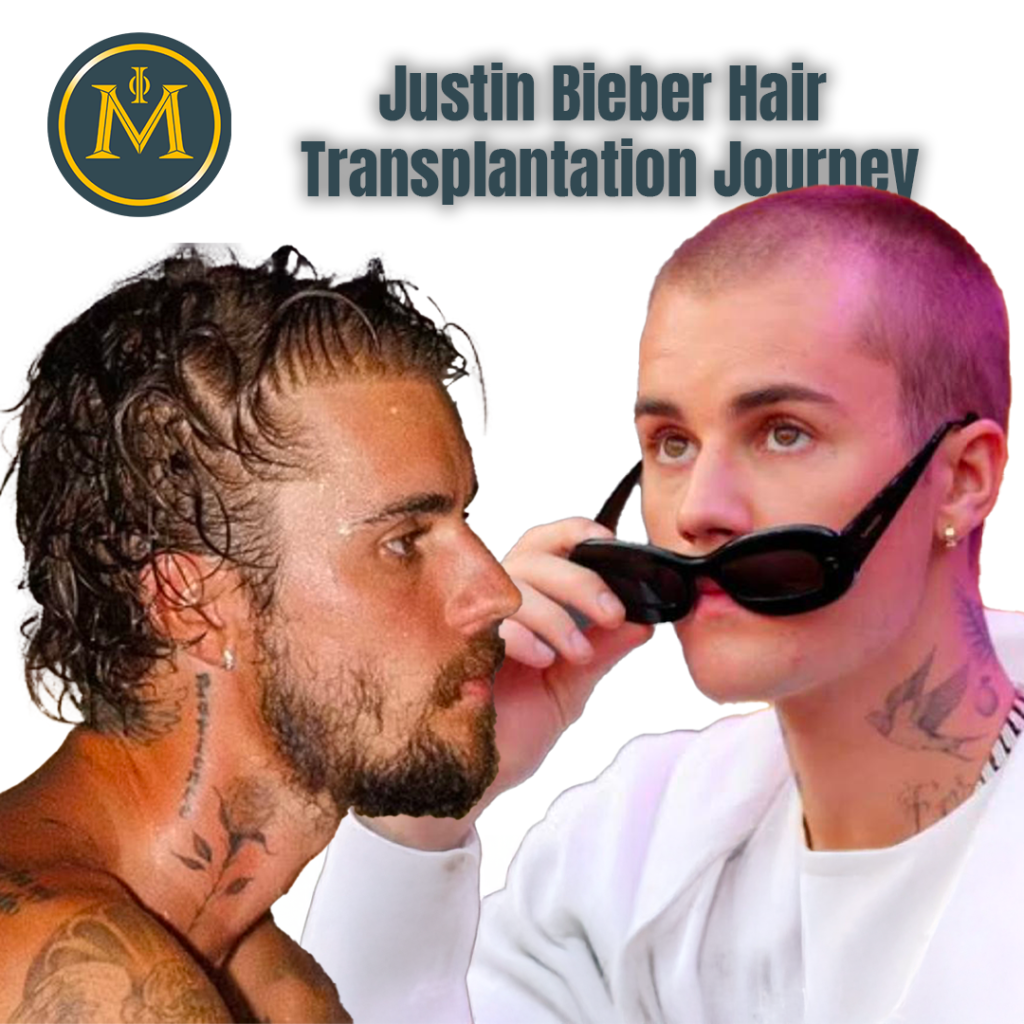Medical of Istanbul
Hair Transplantation for Dermatitis Patients
Individuals with dermatitis can undergo hair transplantation, but the process requires meticulous management of their condition. Dermatitis, characterized by inflammation and irritation of the skin, can pose challenges if not controlled. Dermatologists often collaborate with hair transplant surgeons to ensure the scalp is in a stable and non-inflamed state. This pre-transplant phase may involve using topical steroids or other anti-inflammatory medications to reduce symptoms. Ensuring that dermatitis is in remission before the procedure helps minimize the risk of complications such as infection or poor graft survival, leading to better transplant outcomes.
